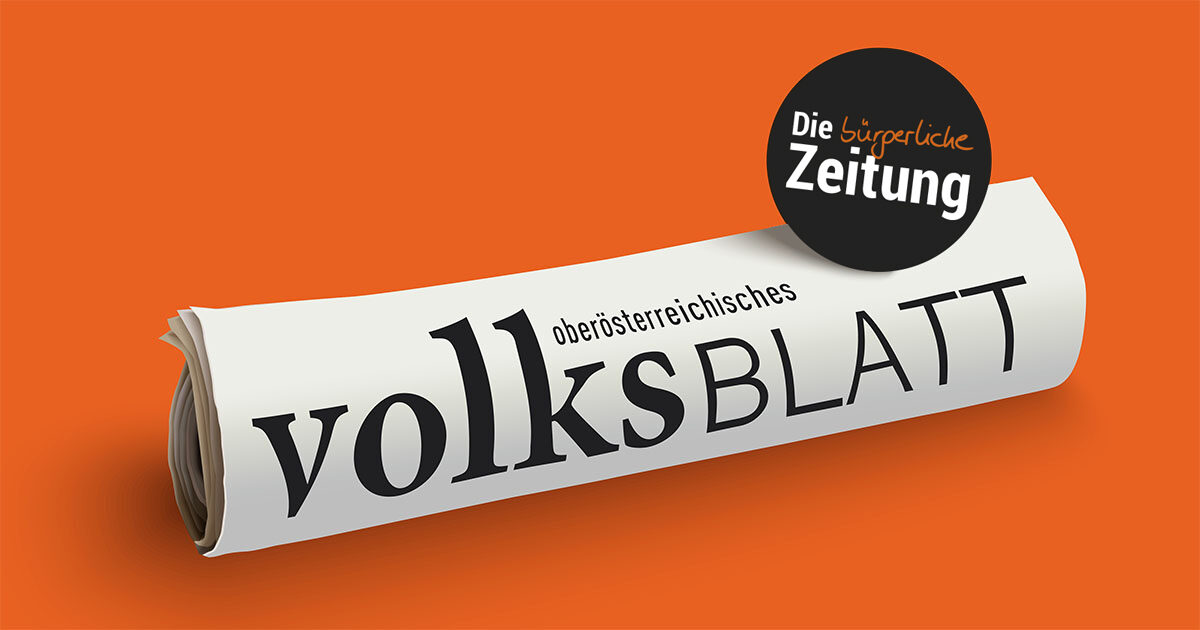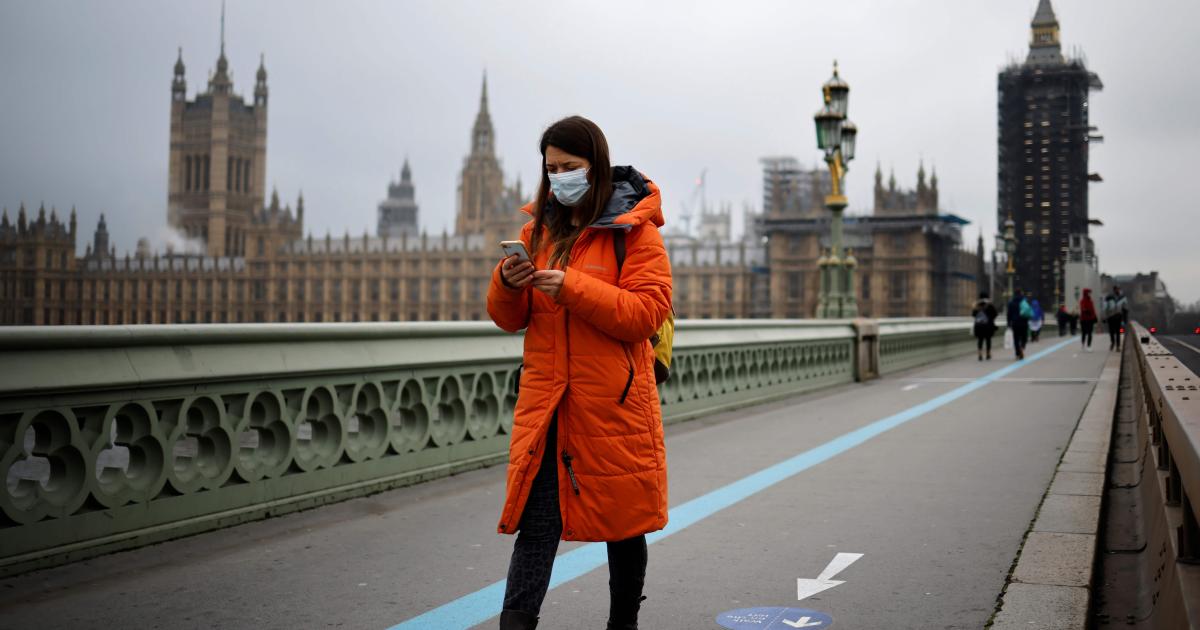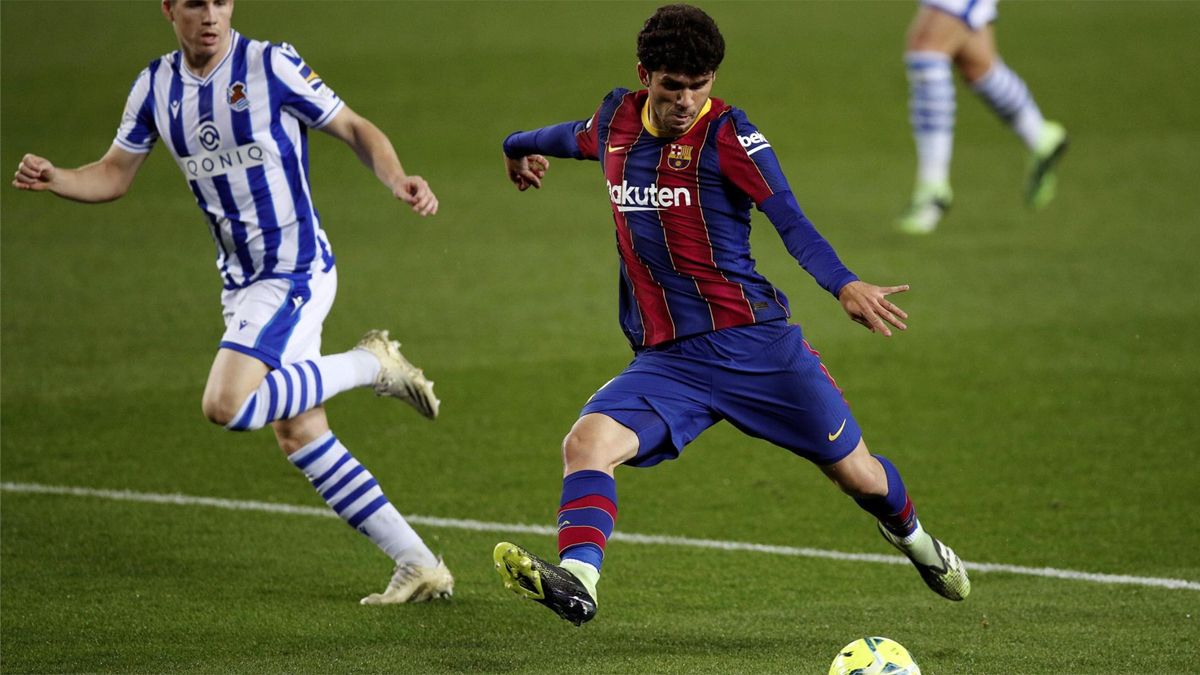January 8, 2021
–
“At the moment we have all been pushed into the freezer for a moment in the culture. For 150 days. Now we urgently need sustainable conditions under normal operating temperature. ”Bernhard Günther is seldom at a loss for pointed formulations. The Wien Modern Festival, which he has directed since 2016, was flash frozen last autumn. Immediately after the opening weekend with sold out concerts in St. Stephen’s Cathedral and the Konzerthaus, the second lockdown came.
“Everything was arranged, everything was going. So we reflexively tried to save as much of the program as possible. The result was a whole range of channels, from a dance project with an embedded video artist to a large broadcast from St. Stephen’s Cathedral with seven live cameras. I think we’ve taken a steep learning curve there, ”Günther said in an interview with APA. Around 60 world premieres were realized, but only 14 percent of the program took place with an audience on site. Under these circumstances, did it even feel like a festival? “I kept asking myself that question. I still don’t know. The most important thing at a festival is the exchange with the audience. That is essential. Therefore this is definitely not a pattern sheet for future festivals, but was the best we could get out of a lockdown. “
Almost half of the program could be made available via radio and / or free stream. And not everything was bad under Corona: “As a rule, we reached a multiple number of listeners that we could have reached under Corona as well as under normal conditions. The concert with Sofia Gubaidulina, for example, had 3,500 views after a week on Vimeo, which was ten times the Facebook number. So many visitors don’t fit into the Musikverein. That is very gratifying. We were also surprised that there were suddenly international reviews from media who did not come to Vienna but watched the streams. “
The past year 2020 would have been a special one for the 50-year-old Swiss-born festival, even without a pandemic: “We have finally moved from our attic in the concert hall to our own office. We have set up a new website where we planned to integrate audio and video more strongly anyway. Corona forced us to do it immediately and on a large scale. We must carefully examine how we can expand this into a sustainable offer. It is mainly a question of time and money. But it doesn’t have to be the Digital Concert Hall of the Berlin Philharmonic … “
The fact that digitality will play a greater role in cultural life in the future is something the industry is learning from this corona crisis. But Bernhard Günther fears the opposite – the loss of the naturalness of a rich cultural offer. “Culture is a cultural technique that a society must not unlearn. We must do everything we can to keep the flame alive. We in Austria have not had a society that forgets what culture can bring it for a long time. I don’t want to experience that either. “
But the government’s priorities are currently different: “The government has tunnel vision that is fixated on the infection process. I think it is absolutely essential that the horizon widens again. What good is it if we survive the virus, but then have a society sunk in depression that consumes home entertainment on the sofa? “
The current debate on “freestyle” is symptomatic for the music manager: “As early as the summer of 2020, culture has shown, with regular, comprehensive rapid tests, how professional operation is conceivable under pandemic conditions. In contrast to other areas of the economy, at your own expense and without any notable cases of infection. Half a year later, the government is finally trying to get rid of the mallet method of lockdown – and gambled away the urgent restart with a communication strategy that comes across as a poorly coordinated mixture of penalties, shifting responsibility, ambiguity and clientele politics. What helped the cultural sector in summer and autumn was the unshakable belief in good moments in the community – that would meanwhile not only do the government good again. “
There would be a lot to do in cultural policy even without Corona, says Günther: “In the austerity policy since the 1990s, culture has largely been left to the market. The public sector has largely given up concerts in particular. This is fatal for contemporary music. And the independent scene was hit particularly badly. “The fat years, as they ever existed in culture, are long gone:” The cultural budgets have been cut for decades. This has meant that even large institutions hardly have any more room for risk. The budget increase announced in autumn is peanuts in the context of corona spending and is still being sold as a success. It needs – also numerically – a much clearer commitment to art and culture. “
What are Bernhard Günther’s greatest concerns and greatest hopes at the beginning of 2021, which offers completely uncertain prospects? “My concern is that this crisis will cause permanent damage and that the precariat will become entrenched. There is a huge need for action in terms of fair pay, gender equality, innovation and audience development alone. My hope is that the dynamic that has come into budget policy will also result in Austrian cultural policy finally coming off the defensive. “
(Interview conducted by Wolfgang Huber-Lang / APA)
–


